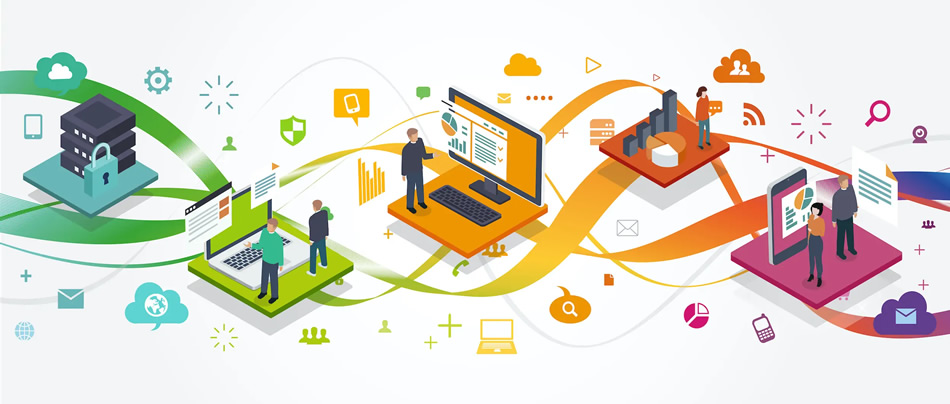What is a Digital Enterprise?
A digital enterprise integrates digital tools and technologies across all operations, improving efficiency, productivity, customer service, and competitiveness. It is an organisation that uses technology to change how it operates and delivers value to customers.
Examples include Netflix, Amazon, Google, Apple, Tesla, Airbnb, Uber, and Spotify, enabling innovation, expansion, and customer-centricity.
Today, most leading organisations are pursing some kind of digital transformation (DX). The question is no longer, “Should we pursue DX?” but rather, “How do we ensure DX’s impact and business value?” Established businesses implementing digital transformation face challenges in aligning digital efforts, balancing growth with core business, and overcoming organisational inertia across all industries.
Whereas IT transformation is either or both, a strategic or comprehensive upgrade of an organization’s hardware, software, and practices to prepare for future challenges.
To lead a successful business in the digital era, it’s crucial to not only rethink strategy but also rebuild the organisation for constant digital change.
- Digital transformation (DX) should focus on the business, employees, and customers, rather than the technologies they intend to adopt, as it is essential to frame DX efforts around these factors.
- DX focuses on changing an existing organisation, not creating a start-up. Established businesses already have a business model and organisation, making it difficult to change. Inertia, the resistance to change, is the biggest enemy of transformation in business, as it hinders the organisation’s growth and success.
- DX is a continuous process, not a single project, as the digital revolution is an ongoing acceleration of change driven by new technologies, reinforcing customer behaviors, business models, and economic systems.
